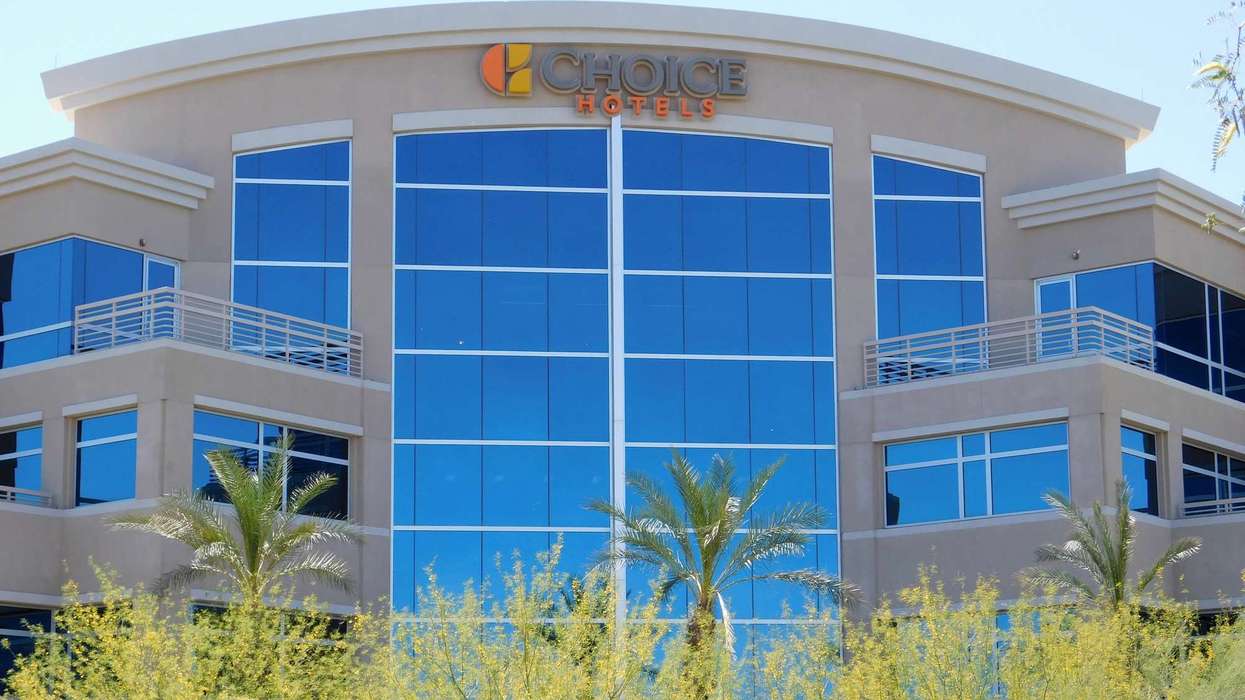RED ROOF SAW 20 percent growth in it's new construction pipeline across its system in 2019. The company expects to have more 60,000 rooms available in 2020.
The company also opened its first location in Utah in October and its first in Canada in Calgary, Alberta, last year.
Red Roof’s continued growth is due at least in part to the company’s commitment to stay in personal touch with its franchisees, said Phil Hugh, the company’s chief development officer, and its President Andy Alexander.
“I think it starts at the top down, with Andy and myself,” Hugh said. “We’re always reaching out to franchisees on myriad matters to find out what their opinions are before we make a decision to move the brand forward.”
But that goal can’t be achieved by one quick conversation, Hugh said.
“It’s about building relationships over time.”
Hugh said they are quick to respond to phone calls and address the positive and the negative.
“We’ve also structured our organization to be high-touch,” he said. “Our operations team who are out in the field are really out in the field.”
There’s also a common bond between the company and its franchisees, Alexander said.
“We also continue to have a culture that understands ownership,” he said. “By that I mean we still own and operate a significant number of properties that puts us in touch with what the franchisees are feeling on a day-to-day basis.”
Red Roof’s portfolio is 85 percent franchised and 15 percent owned, or about 80 corporate managed hotels.
“You’re still talking about 10,000 rooms and that gives us significant skin in the game,” Alexander said.
Hugh said he joined the company six years ago because the franchisee satisfaction was more than 86 percent. It has since surpassed 90 percent.
“It is unheard of in the business to have those kinds of satisfaction levels in franchisees, especially in the hotel space,” he said.
Alexander said the company over the last three to four years has stepped up its efforts to ensure face-to-face meetings.
“Sure, we could save some money and run video conferences for our entire franchise organization, but we don’t feel it’s as effective,” he said. “There is no doubt that it’s those relationships, especially in the Indian community, that transfer from franchisee to franchisee. The number-one way to get a new franchisee is to be recommended by an existing franchisee.”
In early February, RLH Corp. announced its “back to basics” plan to improve franchise relations that have been strained as part of a company shakeup begun in November when Greg Mount resigned.





